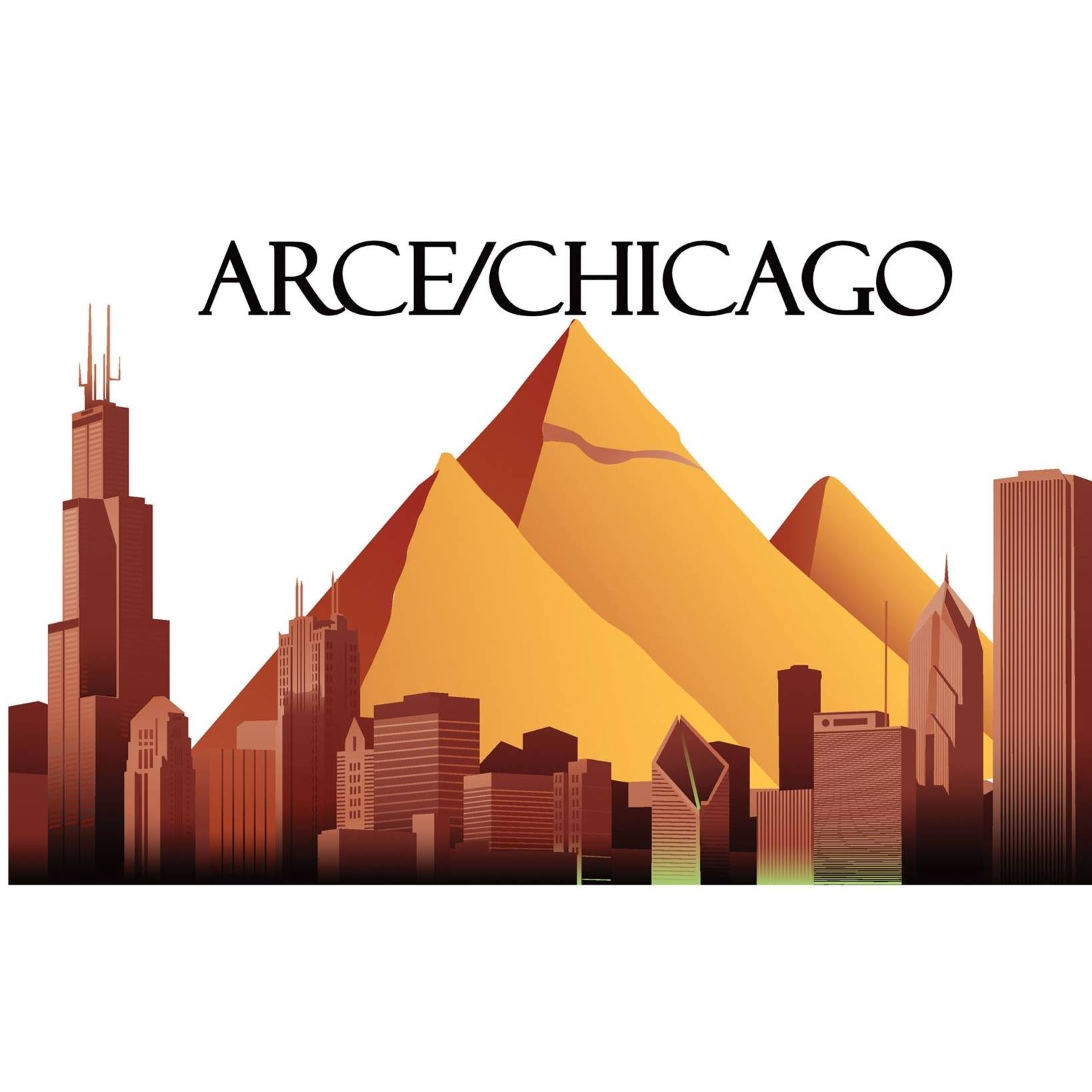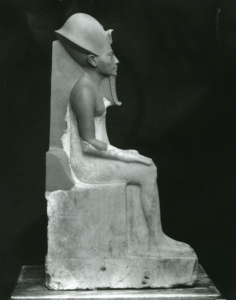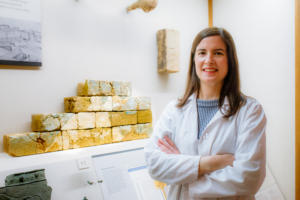
08
JunChicago: Shifting Perspectives: Conservation of ISAC’s Egyptian Collection from the 1930s to today
Registration is Required
Presented by: Alison Whyte is senior conservator at the Institute for the Study of Ancient Cultures (ISAC)
- 5:00 PM CTChicago
- Zoom/ In-PersonISAC, 1155 East 58th Street, Chicago
- + Add to Calendar
Lecture Abstract
 Over the course of its 100-plus year history, the Institute for the Study of Ancient Cultures (ISAC, formerly OI) has witnessed profound changes in attitude towards both the interpretation and the preservation of its renowned Egyptian collection. Through an examination of archival photographs, we can trace several early restoration interventions. In some instances, we can even see how the evolution of the understanding of specific artifacts influenced subsequent restoration efforts. In contrast, today the emphasis is on preventive conservation. A range of analytical techniques are now available to help conservators understand what materials were used in antiquity to create objects and how those particular materials degrade. Using this information, conservators are able to customize storage and display environments with the aim of protecting the collection and making it available for future generations to study and enjoy.
Over the course of its 100-plus year history, the Institute for the Study of Ancient Cultures (ISAC, formerly OI) has witnessed profound changes in attitude towards both the interpretation and the preservation of its renowned Egyptian collection. Through an examination of archival photographs, we can trace several early restoration interventions. In some instances, we can even see how the evolution of the understanding of specific artifacts influenced subsequent restoration efforts. In contrast, today the emphasis is on preventive conservation. A range of analytical techniques are now available to help conservators understand what materials were used in antiquity to create objects and how those particular materials degrade. Using this information, conservators are able to customize storage and display environments with the aim of protecting the collection and making it available for future generations to study and enjoy.
Speaker’s Bio
 Alison Whyte is senior conservator at the Institute for the Study of Ancient Cultures (ISAC) where she has specialized in the preservation of archaeological material from West Asia and North Africa since 2001. She is a graduate of the Queen’s University Master of Art Conservation Program and a professional associate of the American Institute for Conservation. Alison also holds a BA in Anthropology from the University of British Columbia and a MA in Ancient Studies from the University of Toronto. In addition to her on-site work at ISAC, she has participated in field projects in Italy, Cyprus, Turkey, Israel, and Afghanistan. Most recently, Alison has served as conservator for the Institute’s excavation of the Phoenician site of Cerro del Villar in Spain. She is also an instructor in the Central Asian Training Partnership in Artifact Conservation, an annual workshop supported by the U.S. Department of State and held at the State Museum for the History of Uzbekistan in Tashkent.
Alison Whyte is senior conservator at the Institute for the Study of Ancient Cultures (ISAC) where she has specialized in the preservation of archaeological material from West Asia and North Africa since 2001. She is a graduate of the Queen’s University Master of Art Conservation Program and a professional associate of the American Institute for Conservation. Alison also holds a BA in Anthropology from the University of British Columbia and a MA in Ancient Studies from the University of Toronto. In addition to her on-site work at ISAC, she has participated in field projects in Italy, Cyprus, Turkey, Israel, and Afghanistan. Most recently, Alison has served as conservator for the Institute’s excavation of the Phoenician site of Cerro del Villar in Spain. She is also an instructor in the Central Asian Training Partnership in Artifact Conservation, an annual workshop supported by the U.S. Department of State and held at the State Museum for the History of Uzbekistan in Tashkent.